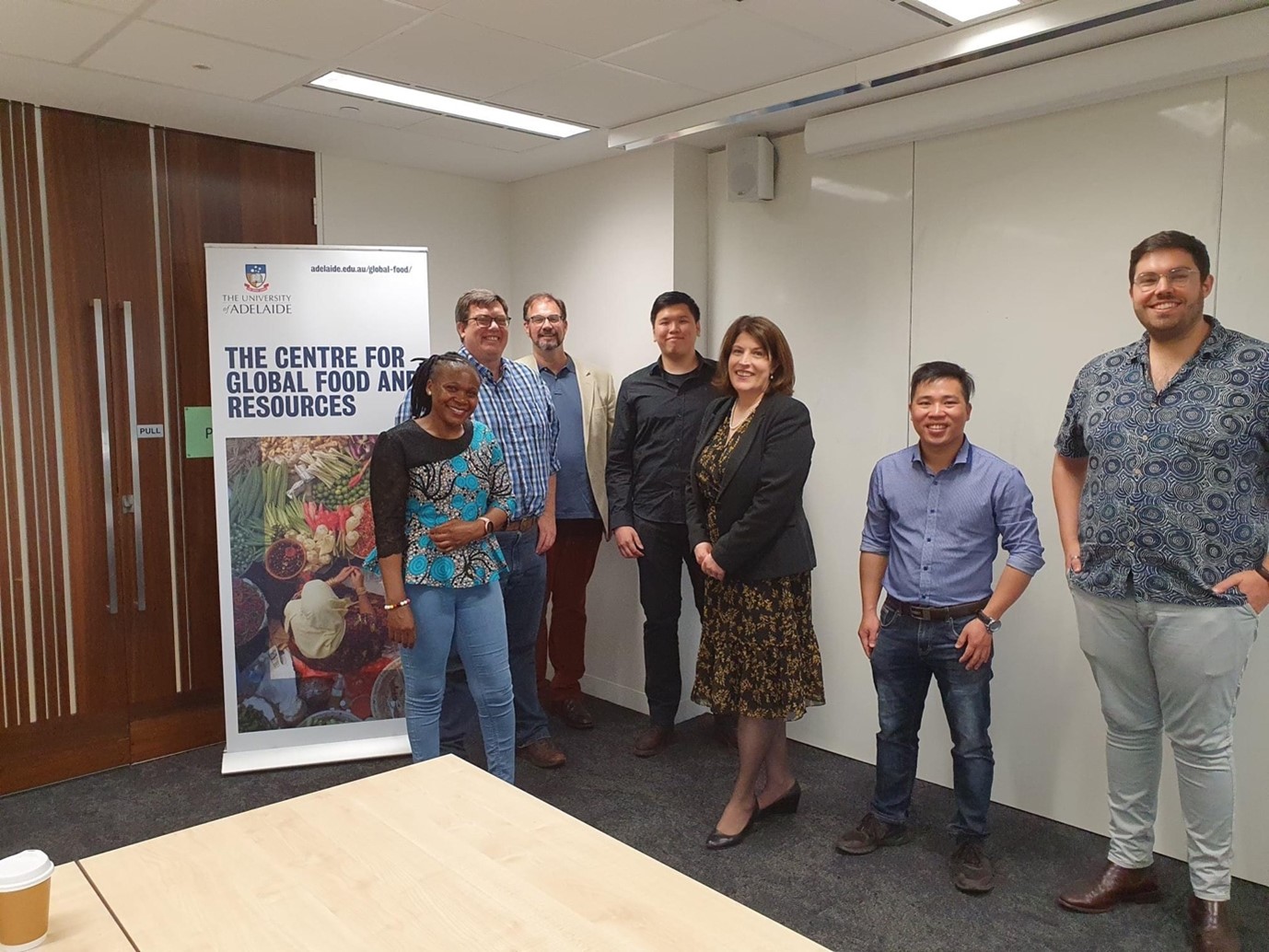A year internship in the RAID Network

As a second-year Master of Global Food and Agricultural Business student, I was able to undertake an internship with Researchers in Agriculture for International Development (RAID Network) which was an exciting opportunity to learn more about agricultural research for development (AR4D) in 2020. The project that RAID had formulated (supervised by committee member, Jack Hetherington) was to help evaluate the performance of RAID’s past activities and programs. In detail, since 2017, RAID has implemented a five-year strategic plan (2017-2022) to better “Connect”, “Engage”, and “Support” the career development of early-to mid-career researchers in the AR4D field. As the five-year plan was about halfway through, the RAID committee hoped the evaluation project would help them better understand the outcomes and impacts of training programs and educational activities carried out by its strategic plan.
My principal obligation was to identify the suitable evaluation method to analyse RAID’s strategic plan’s success while applying the recognised method and provide recommendations. During the internship I meet regularly with Jack, as well as and other RAID committee members, although we had to be flexible with the meeting form throughout 2020 due to lockdowns.
In the early stage of the project we spent time on the literature review to browse research papers to distinguish the focal points of different evaluation methods and understand types of projects or activities that those methods fitted to evaluate. Eventually, we identify the Success Case Method (SCM) as the most effective tool to assess the RAID’s strategic plan’s current outcomes and impacts. While designing our SCM study, I got the chance to review and apply the questionnaire design skill learned from the marketing course in my first academic year. Moreover, I also gained experience in starting a mixed methods research and applying human ethics approval for primary research.
At the end of the project, our evaluation results showed that most participants of RAID’s training activities and events agree that those programs were helping them access more resources and facilitate their career life in the AR4D field. Additionally, we also presented factors that might hinder the development of RAID’s strategic plan and prove the essential of evaluation to understand a long-term project’s performance.
Working with Jack and the RAID team has not only enabled me to enhance my academic capability such as doing research (e.g. collecting and analysing data) but also showed me the importance of how to build a practical timetable to manage the steps and progress of evaluation. Additionally, this project has broadened my horizon about the importance of AR4D and program evaluation. I also found working with the committee and RAID members a really positive and friendly environment and it was great to be able to connect with like-minded people.
This project would not have been possible without the support of many. I want to thank everyone who supported the project, in particular the RAID committee. Also, a big thanks to everyone who provided their time to provide information and feedback. Thanks to the support of everyone, I was able to get a high distinction for my final report and I received an Honorable Mention for the quality of the research report.


